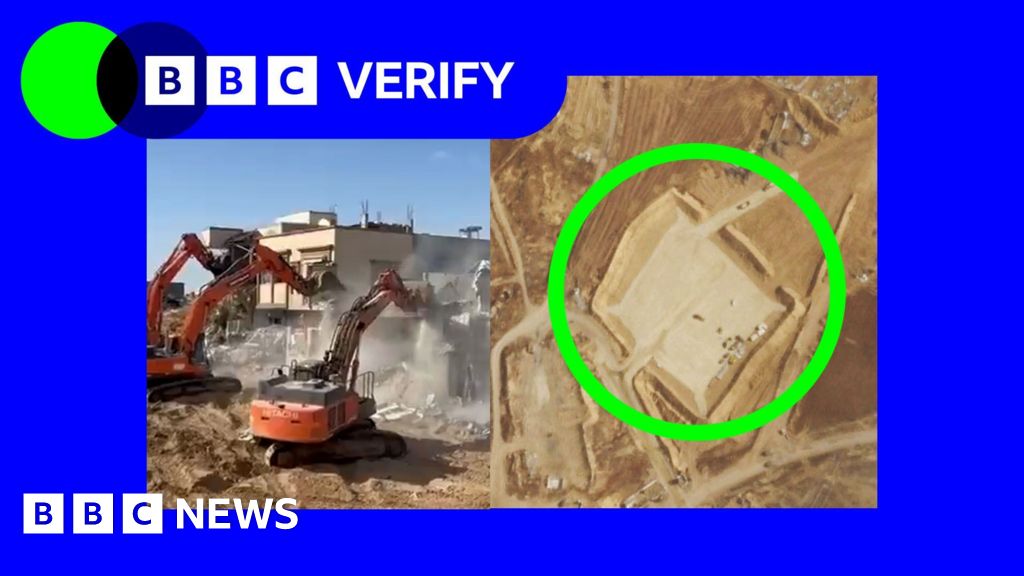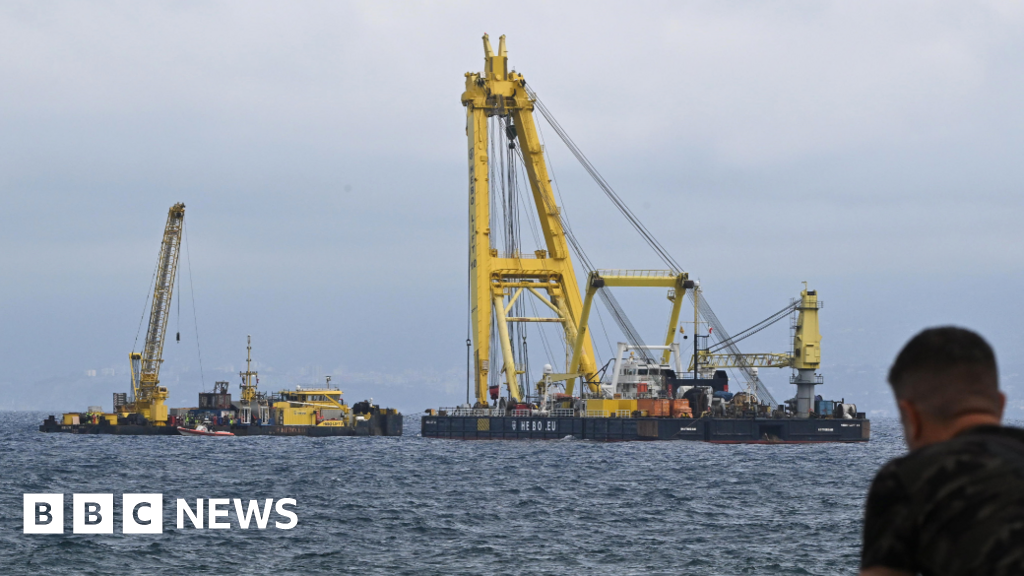Gaza's Construction Resumes Amidst UN Rejection of Israeli-US Aid Plan: Satellite Images Reveal Progress

Despite international concerns and a recent rejection by the United Nations, construction activity has reportedly resumed in southern Gaza. Satellite images have emerged, showcasing building work underway at various sites, coinciding with the US government's decision to proceed with a controversial Israeli aid plan. This development raises complex questions about the humanitarian situation in Gaza, the effectiveness of proposed aid measures, and the ongoing geopolitical tensions in the region.
The Controversial Aid Plan
The Israeli-US aid plan, which has faced widespread criticism, aims to address the urgent humanitarian needs of the Palestinian population in Gaza. However, concerns have been raised regarding the plan's implementation, including access restrictions for aid delivery, potential diversion of resources, and the overall impact on the long-term stability of the region. The United Nations has voiced reservations, citing potential violations of international humanitarian law and the need for greater oversight and accountability.
Satellite Imagery Reveals Construction Activity
Recent satellite imagery has provided compelling evidence of construction activity in southern Gaza. The images depict building work at multiple locations, suggesting a renewed effort to rebuild infrastructure and potentially expand housing capacity. While the exact nature and purpose of these construction projects remain unclear, the timing of this activity in relation to the aid plan is significant. Some analysts suggest these projects could be linked to the aid plan's implementation, while others believe they may be part of separate, pre-existing initiatives.
Challenges and Concerns
The resumption of construction in Gaza raises several critical challenges. Ensuring that these projects adhere to international standards, provide genuine benefits to the local population, and do not exacerbate existing tensions is paramount. Transparency and accountability in the allocation of resources are also crucial to prevent corruption and ensure that aid reaches those who need it most. The UN's rejection of the aid plan underscores the complexities involved in delivering humanitarian assistance in a conflict zone, and the need for a more coordinated and inclusive approach.
Geopolitical Implications
The situation in Gaza is deeply intertwined with broader geopolitical dynamics. The US's continued support for the Israeli aid plan, despite international criticism, highlights the complex relationship between the two countries. The ongoing conflict and humanitarian crisis also have implications for regional stability, and efforts to achieve a lasting peace remain a priority for the international community.
Looking Ahead
The future of Gaza remains uncertain. The resumption of construction activity, coupled with the controversial aid plan and the ongoing geopolitical tensions, presents a complex and challenging landscape. Effective humanitarian assistance, sustainable development initiatives, and a commitment to peaceful resolution are essential to improve the lives of the Palestinian people and build a more stable and prosperous future for the region. Continued monitoring of the situation, including through satellite imagery and independent assessments, is vital to ensure accountability and transparency.






